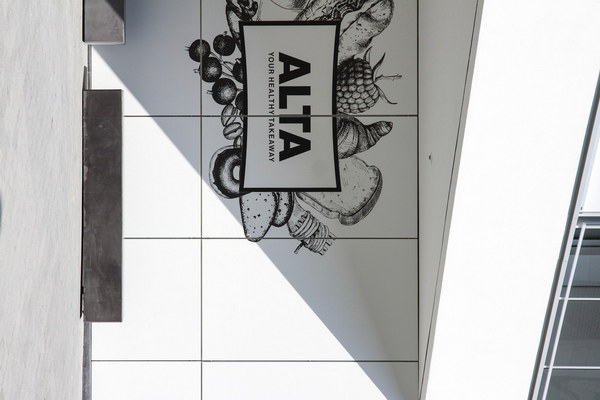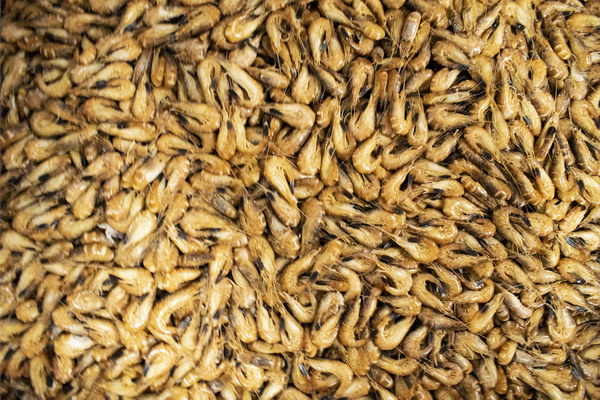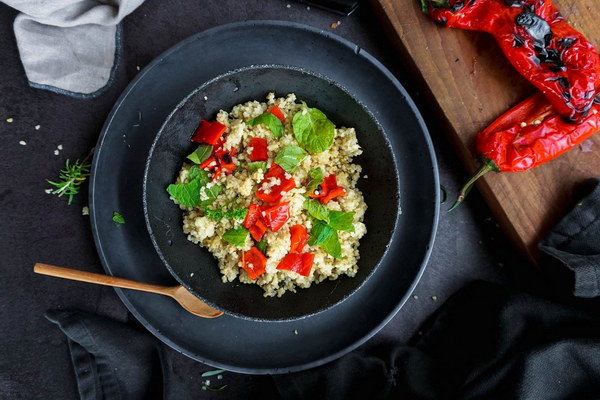Can You Nourish Your Spleen and Stomach Without Consuming Meat
In traditional Chinese medicine (TCM), the spleen and stomach are considered to be the foundation of health. They play a crucial role in transforming food into energy, absorbing nutrients, and maintaining overall digestive health. Many people wonder if it's possible to nourish these vital organs without consuming meat. In this article, we'll explore the dietary options for spleen and stomach care, and whether abstaining from meat can be effective.
Firstly, it's important to understand the functions of the spleen and stomach in TCM. The spleen is responsible for transporting and transforming nutrients, ensuring that they are evenly distributed throughout the body. The stomach, on the other hand, is responsible for breaking down food, extracting nutrients, and absorbing them into the bloodstream. When these organs are functioning well, we experience good health, energy, and a strong immune system.

Meat, being a rich source of protein and essential nutrients, is often considered beneficial for spleen and stomach health. However, some individuals choose not to consume meat for various reasons, such as ethical, religious, or personal beliefs. So, can you still nourish your spleen and stomach without meat? The answer is yes, you can.
1. Emphasize whole grains: Whole grains, such as brown rice, quinoa, and oats, are excellent sources of complex carbohydrates, fiber, and B vitamins, which are essential for the proper functioning of the spleen and stomach. These nutrients help to maintain a healthy digestive system and support the absorption of nutrients.
2. Incorporate plenty of vegetables: Vegetables, particularly those that are rich in fiber, vitamins, and minerals, are beneficial for spleen and stomach health. Leafy greens, such as spinach, kale, and collard greens, are particularly good, as they contain iron, calcium, and vitamin K, which support the spleen and stomach functions.
3. Include legumes: Legumes, like lentils, chickpeas, and beans, are an excellent plant-based source of protein, fiber, and iron. These nutrients are vital for the spleen and stomach, as they help to build and repair tissues and support digestion.
4. Consume nuts and seeds: Nuts and seeds, such as almonds, walnuts, chia seeds, and flaxseeds, are packed with healthy fats, protein, and fiber. They can help to soothe the digestive system and support the spleen and stomach functions.
5. Stay hydrated: Adequate water intake is crucial for maintaining a healthy digestive system. Water helps to keep the digestive tract moving and supports the absorption of nutrients.
6. Consider supplementation: If you are concerned about nutrient deficiencies, consider taking a multivitamin and mineral supplement. These can help ensure that you are getting the necessary nutrients for optimal spleen and stomach health.
It's important to note that while abstaining from meat can be beneficial for some individuals, it's not suitable for everyone. Some people may require the specific nutrients found in meat to maintain their spleen and stomach health. It's always best to consult with a healthcare professional or a registered dietitian to determine the best dietary plan for your individual needs.
In conclusion, it is indeed possible to nourish your spleen and stomach without consuming meat. By focusing on a balanced diet that includes whole grains, vegetables, legumes, nuts, and seeds, you can ensure that your spleen and stomach receive the necessary nutrients for optimal health. Remember, the key is to listen to your body and make informed dietary choices that support your overall well-being.









